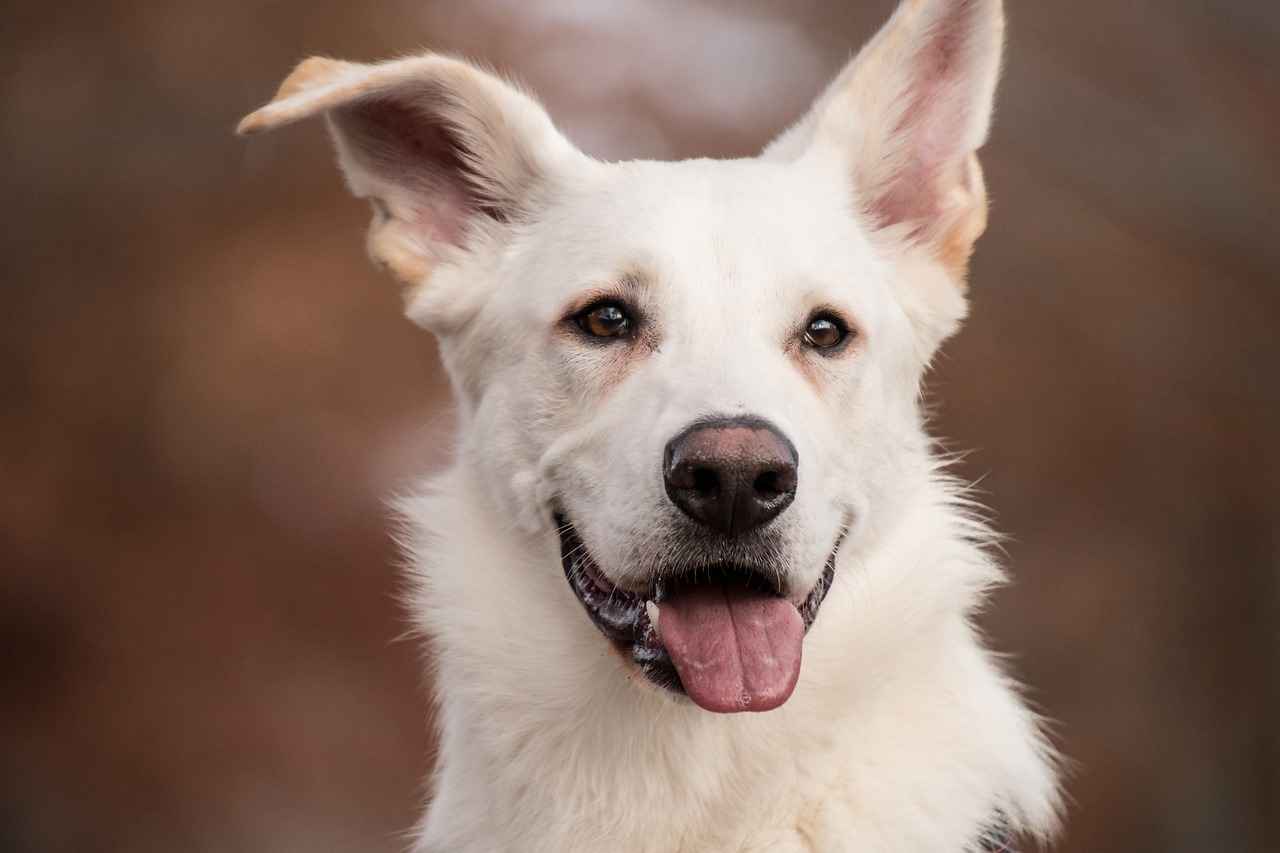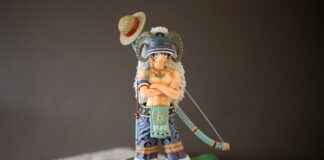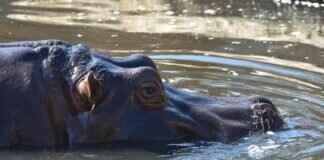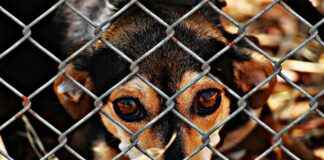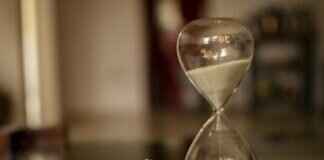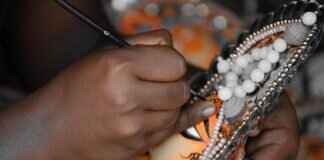This article delves into the numerous benefits of using a dog bed ramp, highlighting its essential features, various types, and practical tips for selecting the ideal ramp for your beloved furry companion.
Why Consider a Dog Bed Ramp?
Understanding the significance of a dog bed ramp is crucial for enhancing your pet’s comfort and accessibility. This is particularly important for older or injured dogs who may have difficulty jumping onto the bed.
Benefits of Using a Dog Bed Ramp
- Joint Health and Mobility: A dog bed ramp is beneficial for dogs suffering from arthritis or other joint issues, as it minimizes the risk of injury while climbing.
- Preventing Injuries: Using a ramp helps avert falls and injuries that could occur when dogs try to jump, ensuring a safer home environment.
- Enhancing Independence: A ramp empowers dogs to reach their favorite spots without assistance, boosting their confidence and independence.
Types of Dog Bed Ramps
There is a wide array of dog bed ramps available, each tailored to meet different needs, preferences, and living spaces. Common types include:
- Foldable Ramps
- Fixed Ramps
- Adjustable Ramps
Choosing the Right Dog Bed Ramp
When selecting a ramp, consider factors such as size, weight capacity, material, and design to ensure it fits your dog’s specific requirements.
How to Introduce Your Dog to the Ramp
Proper introduction to the ramp is key for easing your dog’s transition. Employ positive reinforcement techniques, such as treats and praise, to create a welcoming association with the ramp.
Maintenance and Care for Your Dog Bed Ramp
Regular maintenance is vital for ensuring the longevity and safety of the ramp. This includes:
- Cleaning Tips: Regularly vacuuming and washing the ramp helps maintain hygiene and prevent slippage.
- Inspecting for Damage: Routine checks for wear and tear can help prevent safety hazards, ensuring your dog’s continued safe use of the ramp.
Conclusion: Enhancing Your Dog’s Quality of Life
Investing in a dog bed ramp can significantly improve your pet’s quality of life, providing them with the independence, comfort, and safety they deserve.

Why Consider a Dog Bed Ramp?
When it comes to our furry companions, their comfort and well-being are paramount. As dogs age or face physical challenges, they may find it increasingly difficult to access their favorite resting spots, such as the bed. This is where a dog bed ramp becomes an essential tool. Understanding the significance of a dog bed ramp can greatly enhance your pet’s quality of life, providing them with the accessibility they need.
Many dogs, especially those that are older or have sustained injuries, struggle to jump onto beds due to joint pain or reduced mobility. A dog bed ramp offers a gentle incline, allowing them to ascend and descend with ease. This simple addition can help prevent unnecessary strain on their joints, minimizing the risk of exacerbating existing conditions such as arthritis.
- Improved Accessibility: With a ramp, dogs can easily reach their resting places without requiring assistance, fostering their independence.
- Enhanced Safety: Ramps significantly reduce the risk of falls and injuries that can occur when dogs attempt to jump from heights.
- Joint Support: By minimizing the need for jumping, ramps help protect your dog’s joints, promoting better long-term health.
Furthermore, the psychological benefits should not be overlooked. A dog that can confidently navigate their environment is likely to experience a boost in self-esteem and overall happiness. This is particularly important for dogs recovering from injuries or surgeries, as it encourages them to remain active without the fear of pain or injury.
In summary, investing in a dog bed ramp is not just about convenience; it’s about enhancing your pet’s comfort, safety, and overall quality of life. By understanding the importance of these ramps, you can make informed decisions that support your dog’s health and happiness.

Benefits of Using a Dog Bed Ramp
When it comes to ensuring the comfort and safety of our furry companions, dog bed ramps offer a multitude of benefits that can significantly enhance their quality of life. These ramps are particularly beneficial for dogs of all ages, sizes, and health conditions, making them an essential addition to any pet-friendly home.
Reducing Strain on Joints
One of the primary advantages of using a dog bed ramp is its ability to reduce strain on your dog’s joints. For older dogs or those suffering from conditions like arthritis, jumping onto or off a bed can be painful and may worsen their condition. A ramp provides a gentle incline that allows them to access their favorite resting spots without the stress of jumping, thereby promoting better joint health and mobility.
Promoting Independence
Dog bed ramps also play a crucial role in promoting independence. Many dogs enjoy being able to climb onto their beds without relying on their owners for assistance. This independence can boost their confidence and encourage them to explore their environment more freely, ultimately leading to a happier and more fulfilled pet.
Enhancing Safety
Safety is another significant benefit of using a dog bed ramp. Dogs, especially those that are older or have mobility issues, are at risk of falling when attempting to jump. By providing a secure and stable ramp, you can minimize the risk of injuries associated with falls. This is particularly important in households with multiple pets or young children, where a sudden movement could lead to accidents.
Accommodating All Sizes
Dog bed ramps are designed to cater to dogs of all sizes, ensuring that both small and large breeds can benefit from their use. By selecting a ramp that fits your dog’s specific needs, you can create a more comfortable and accessible environment for your furry friend.
In conclusion, the benefits of using a dog bed ramp are extensive. From reducing strain on joints to enhancing safety and promoting independence, these ramps are a valuable investment for any dog owner. By choosing the right ramp for your pet, you can significantly improve their quality of life.
Joint Health and Mobility
When it comes to our furry companions, ensuring their health and mobility is of utmost importance, especially for dogs suffering from conditions such as arthritis or other joint issues. A dog bed ramp can be a game-changer in this regard, providing a safe and manageable way for dogs to access their favorite sleeping spots without the stress of jumping.
Many dogs, particularly as they age, experience a decline in their physical abilities. This can lead to increased discomfort and a higher risk of injury when they attempt to climb onto or down from elevated surfaces like beds. A dog bed ramp significantly mitigates these risks by offering a gentle incline that allows for easy navigation. This means less strain on their joints, which is crucial for maintaining joint health.
- Reduced Strain: By using a ramp, dogs can avoid the jarring impact that comes from jumping, which can exacerbate existing joint pain.
- Improved Mobility: Regular use of a ramp can help dogs maintain their mobility over time, as it encourages movement without the associated pain of jumping.
- Injury Prevention: Ramps help prevent falls and related injuries, which can be particularly dangerous for older dogs or those with existing health issues.
Additionally, a dog bed ramp can foster a sense of independence in pets. Instead of relying on their owners for assistance, dogs can learn to use the ramp on their own, promoting confidence and encouraging them to remain active. This independence is vital for their mental well-being as well.
In conclusion, investing in a quality dog bed ramp is an effective way to enhance your dog’s . By minimizing the risk of injury and promoting safe access to their favorite spots, you can significantly improve your pet’s quality of life. Remember, a happy dog is a healthy dog, and every little step counts!
Preventing Injuries
When it comes to ensuring the safety and well-being of your furry friend, is a top priority. One effective solution is the use of a dog bed ramp. These ramps are designed to help your dog access higher surfaces, such as beds or couches, without the need to jump, which can be particularly beneficial for dogs of all ages, especially those with mobility issues.
Many dogs, particularly older or arthritic ones, can experience significant discomfort or even injury when attempting to leap onto a bed. By incorporating a ramp into your home, you not only provide a safer environment but also reduce the risk of falls and related injuries. This is especially important for dogs that may be prone to accidents due to age or health conditions.
- Joint Protection: Jumps can place excessive strain on your dog’s joints. A ramp allows them to ascend and descend with ease, thereby protecting their joint health.
- Confidence Building: Many dogs feel anxious about jumping. A ramp can help instill confidence, allowing them to navigate their environment with greater ease.
- Reduced Stress: For both the dog and the owner, a ramp eliminates the stress associated with lifting a pet onto a bed, making the experience more enjoyable for both parties.
Moreover, using a ramp can significantly enhance your dog’s quality of life. It promotes independence, allowing your pet to access their favorite resting spots without relying on assistance. This autonomy can lead to a happier, more confident dog.
In conclusion, investing in a dog bed ramp is a proactive step towards and ensuring your pet remains safe and comfortable. By making this simple addition to your home, you can help your dog navigate their environment more safely, ultimately enhancing their overall well-being.
Enhancing Independence
One of the most significant benefits of using a dog bed ramp is the way it enhances a dog’s independence. For many dogs, especially those that are older or have mobility challenges, jumping onto a bed can be a daunting task. A ramp provides a gentle incline that allows them to access their favorite spots without needing assistance from their owners. This not only fosters a sense of autonomy but also boosts their confidence as they navigate their environment.
When dogs are given the opportunity to climb up and down on their own, they feel more in control of their surroundings. This independence can significantly improve their overall well-being. For instance, dogs that have been previously reliant on their owners for help may experience a reduction in anxiety and stress levels when they realize they can manage on their own.
Additionally, using a ramp can encourage dogs to engage in more physical activity. When they can easily access their favorite resting places or toys, they are more likely to move around and explore their environment. This increased activity is essential for maintaining a healthy weight and promoting joint health.
Moreover, a ramp can serve as a valuable tool for training. By encouraging your dog to use the ramp independently, you can enhance their problem-solving skills and cognitive function. It also provides a great opportunity for positive reinforcement; rewarding them for using the ramp can create a strong association between the ramp and positive experiences.
In conclusion, a dog bed ramp is not just a practical solution for helping pets access higher surfaces. It is a vital component in promoting their independence, confidence, and overall quality of life. By investing in a quality ramp, you are not only ensuring your dog’s safety but also allowing them to thrive in their home environment.
Types of Dog Bed Ramps
When it comes to accommodating our beloved pets, dog bed ramps are an excellent solution for enhancing accessibility and comfort. There are various types of dog bed ramps available, each designed to cater to different needs, preferences, and living spaces. Understanding these options can help you choose the best ramp for your furry friend.
- Portable Ramps: Ideal for travel, these ramps are lightweight and easy to fold. They allow your dog to access elevated surfaces like beds or vehicles without hassle.
- Fixed Ramps: These are sturdy and designed for permanent placement in your home. They are often made from wood or metal and can support larger dogs effectively.
- Adjustable Ramps: These ramps can be modified in height and incline, making them versatile for different furniture and dog sizes. They are perfect for households with multiple pets.
- Car Ramps: Specifically designed for vehicle access, these ramps help dogs get in and out of cars safely, reducing the risk of injury during travel.
- Foldable Ramps: These ramps can be collapsed for easy storage, making them a convenient option for those with limited space.
- Specialized Ramps: Some ramps are designed with unique features, such as non-slip surfaces or built-in safety rails, catering to dogs with specific needs like mobility issues.
Choosing the right type of ramp depends on your dog’s size, weight, and specific needs. A ramp designed for smaller dogs may not be suitable for larger breeds, and vice versa. Additionally, consider the space where the ramp will be used, as this can influence the type of ramp that will work best.
In conclusion, understanding the various types of dog bed ramps available can significantly enhance your dog’s quality of life by providing them with the accessibility they need to enjoy their surroundings safely.
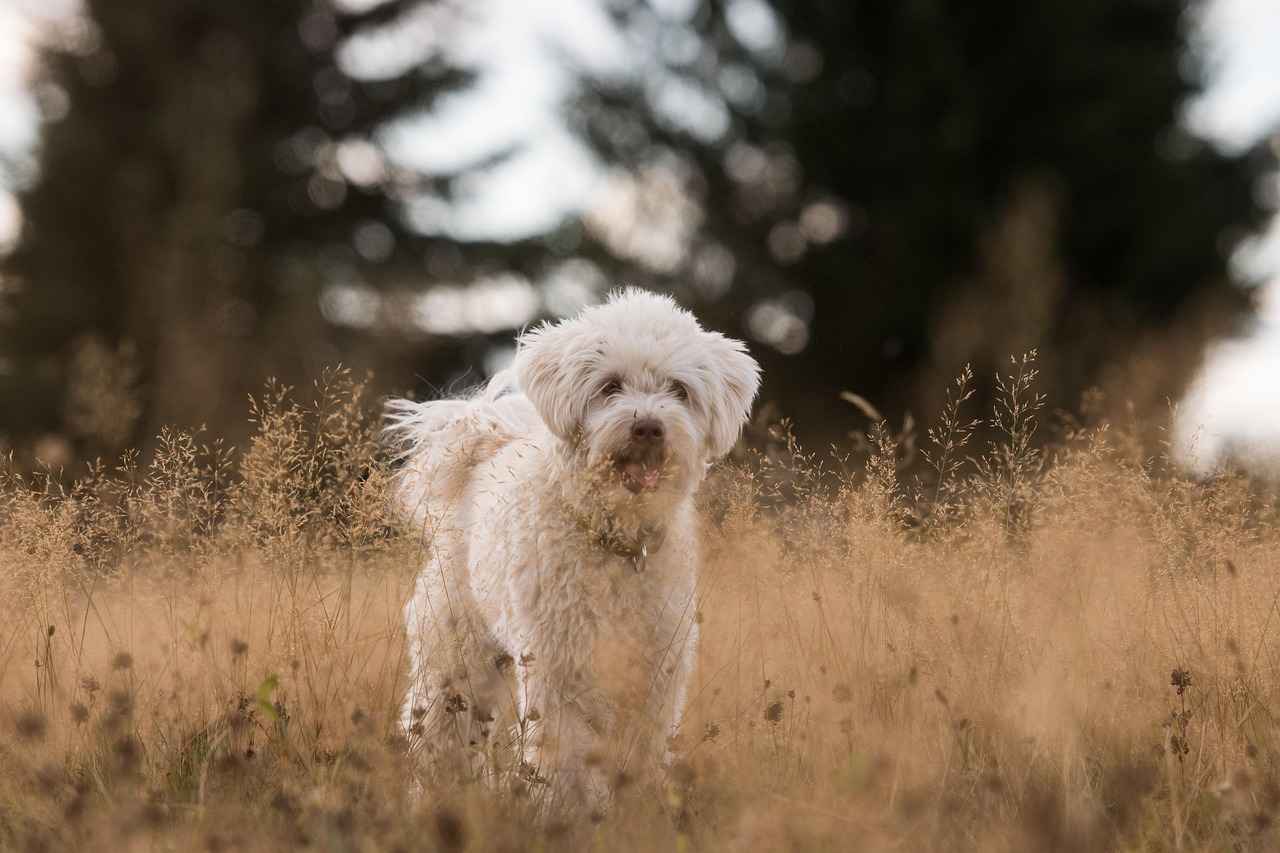
Choosing the Right Dog Bed Ramp
is crucial for ensuring your furry friend can access their favorite resting spots comfortably and safely. A well-selected ramp can enhance your dog’s quality of life, especially for those with mobility issues, while also providing peace of mind for pet owners.
When selecting a dog bed ramp, there are several key factors to consider:
- Size: Measure the height of your bed to determine the appropriate ramp length. A longer ramp with a gentler incline can be easier for your dog to navigate.
- Weight Capacity: Ensure the ramp can support your dog’s weight. Check the manufacturer’s specifications to find a suitable option for larger breeds.
- Material: Ramps can be made from various materials, including wood, plastic, or metal. Choose a durable option that can withstand daily use and is easy to clean.
- Design: Look for features like non-slip surfaces and side rails to enhance safety. A foldable design may also be beneficial for easy storage and transport.
In addition to these factors, consider your dog’s specific needs. For instance, if your dog has arthritis or any other joint issues, a ramp with a lower incline may be more suitable. Also, observe your dog’s behavior when using the ramp; if they seem hesitant, it might be worth exploring ramps with additional safety features or a more gradual slope.
Finally, don’t forget to involve your dog in the selection process. Allow them to explore different ramps in a safe environment to gauge their comfort level. This approach not only helps in choosing the right ramp but also builds their confidence in using it.
In conclusion, selecting the right dog bed ramp involves careful consideration of size, weight capacity, material, and design. By taking the time to choose wisely, you can significantly improve your pet’s accessibility and overall quality of life.
Size and Height Considerations
When selecting a dog bed ramp, it is crucial to consider the **size** and **height** of both your bed and your dog. Proper measurements ensure that your furry friend can use the ramp comfortably and safely. Here are some key points to keep in mind:
- Measure Your Bed Height: Start by measuring the height of your bed from the floor to the top of the mattress. This measurement will help you determine the appropriate ramp length needed to create a gentle incline.
- Assess Your Dog’s Size: Consider your dog’s height and weight. A ramp that is too steep can be challenging for smaller or older dogs, while a ramp that is too short may not provide the necessary elevation.
- Evaluate Your Dog’s Mobility: Dogs with joint issues or limited mobility may require a ramp with a gradual slope. Ensure that the incline is manageable for your dog to navigate without strain.
- Weight Capacity: Check the weight capacity of the ramp to ensure it can support your dog’s weight. Choosing a ramp that exceeds your dog’s weight will provide added safety and durability.
In addition to these considerations, it’s essential to think about the ramp’s **design** and **material**. A sturdy ramp made from durable materials will provide stability and withstand regular use.
To enhance your dog’s comfort, look for ramps with non-slip surfaces, which can prevent accidents and make it easier for your pet to ascend and descend.
In conclusion, taking the time to measure and assess your dog’s needs will lead to a better selection of a dog bed ramp. This not only promotes your pet’s safety but also encourages their independence, allowing them to enjoy their favorite spots with ease.
Material and Durability
When selecting a dog bed ramp, material and durability are crucial factors to consider. The right materials not only influence the ramp’s longevity but also its overall performance in daily use. Let’s delve into how different materials can affect your dog’s experience.
Dog bed ramps are typically constructed from a variety of materials, each offering unique benefits:
- Wood: Often chosen for its sturdiness, wooden ramps provide excellent support and stability. They can be aesthetically pleasing and blend well with home decor. However, they may require more maintenance to prevent wear and tear.
- Plastic: Lightweight and easy to clean, plastic ramps are ideal for pet owners who prioritize ease of maintenance. They are often resistant to moisture and can be used both indoors and outdoors.
- Metal: Known for their durability, metal ramps can withstand significant weight and are less likely to warp over time. They are perfect for larger dogs but may be heavier and less portable.
- Fabric-covered: Some ramps feature a fabric covering for added traction, making them safer for dogs to use. These ramps are often foldable and easy to store, but the fabric may require regular cleaning.
When assessing the durability of a dog bed ramp, consider the following:
- Weight Capacity: Ensure the ramp can support your dog’s weight. Check the manufacturer’s specifications to avoid accidents.
- Construction Quality: Look for ramps with reinforced joints and sturdy support structures to enhance longevity.
- Ease of Cleaning: Choose materials that are easy to wipe down or wash, as this will contribute to a hygienic environment for your pet.
Ultimately, understanding the materials used in your dog bed ramp’s construction can significantly impact its durability, maintenance needs, and suitability for your dog’s lifestyle. By selecting the right ramp, you can ensure that your furry friend enjoys a safe and comfortable way to access their favorite resting place.
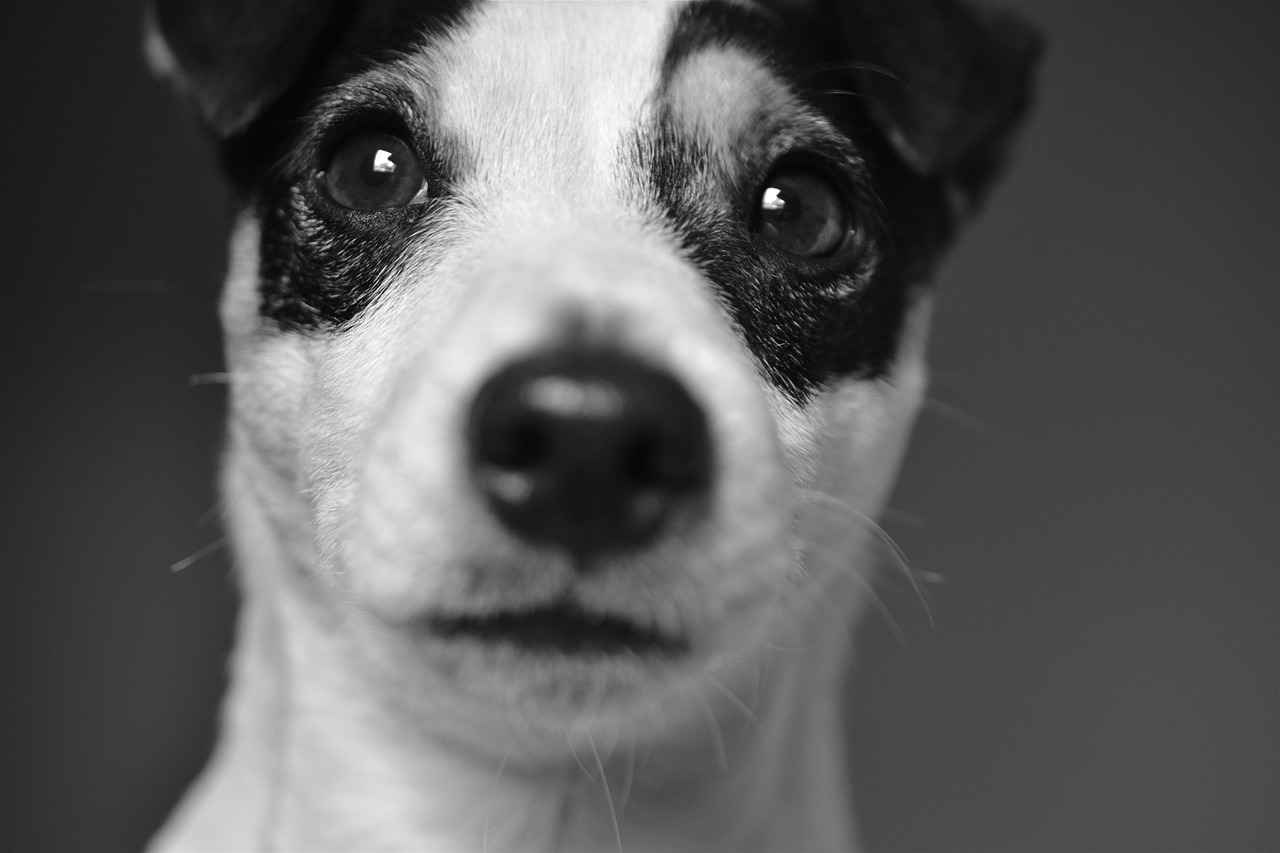
How to Introduce Your Dog to the Ramp
Introducing your dog to a ramp can be a transformative experience for both you and your furry friend. This transition not only enhances their mobility but also boosts their confidence in navigating their environment. A well-executed introduction can make all the difference in how your dog perceives the ramp and its usage.
To ensure a smooth introduction, start by allowing your dog to explore the ramp at their own pace. Place the ramp in a familiar area where your dog feels comfortable. Let them sniff and investigate it without any pressure. This initial exploration is crucial as it helps them to associate the ramp with positive experiences.
Next, utilize positive reinforcement techniques to create a favorable association with the ramp. Use treats, praise, and their favorite toys to encourage them to approach and step onto the ramp. Begin by rewarding them for simply standing near the ramp, then gradually progress to encouraging them to place their front paws on it. This step-by-step approach allows your dog to build confidence without feeling overwhelmed.
It’s also important to implement gradual training steps. Start with a gentle incline and increase the height as your dog becomes more comfortable. If your dog shows hesitation, take a step back and allow them to acclimate to the ramp before moving forward. Patience is key in this process.
- Monitor Body Language: Pay attention to your dog’s reactions. Signs of stress or fear should be addressed immediately by reducing the ramp’s height or taking a break.
- Short Sessions: Keep training sessions brief but frequent to maintain your dog’s interest and prevent fatigue.
- Encourage Independence: Once your dog is comfortable, encourage them to use the ramp independently, allowing them to gain confidence in their abilities.
In conclusion, a thoughtful introduction to a dog bed ramp can significantly ease your pet’s transition, ensuring they feel safe and secure. By using positive reinforcement and gradual training, you can help your dog embrace this new tool, enhancing their mobility and overall quality of life.
Positive Reinforcement Techniques
Introducing your dog to a new ramp can be a daunting experience for both you and your furry friend. To facilitate this transition, play a crucial role. By using treats and praise, you can create a welcoming environment that encourages your dog to explore the ramp without any fear or hesitation.
First and foremost, it’s important to establish a sense of trust and safety for your dog. Begin by allowing them to observe the ramp from a distance. This initial step is vital as it helps your dog to familiarize themselves with the new object in their environment. Once they seem comfortable, you can proceed to the next phase.
Using high-value treats—those that your dog loves—can significantly enhance their motivation to engage with the ramp. Place treats at the bottom of the ramp, gradually moving them up as your dog becomes more confident. This method not only rewards your dog for approaching the ramp but also associates the ramp with positive experiences.
Additionally, verbal praise is an essential part of this training. Use a cheerful tone to encourage your dog as they take steps towards the ramp. Phrases like “Good job!” or “You can do it!” can boost their confidence and make them feel proud of their accomplishments.
It’s also helpful to incorporate play into the training process. If your dog enjoys playing with toys, you can toss a toy up the ramp to entice them to follow. This playful engagement can transform the ramp into a fun challenge rather than a daunting task.
Finally, be patient and allow your dog to progress at their own pace. Some dogs may take longer to adjust than others, and that’s perfectly normal. Consistency and encouragement will pave the way for a positive relationship with the ramp, ultimately leading to a smoother transition.
In conclusion, utilizing such as treats, praise, and play can effectively help your dog become comfortable with a bed ramp. This approach not only fosters a sense of security but also enhances your dog’s willingness to explore their new tool for independence.
Gradual Training Steps
Introducing your dog to a bed ramp can be a transformative experience, especially for those who may be hesitant or anxious about using it. Starting with gradual training is essential to help your furry friend acclimate to the ramp comfortably. This approach not only enhances their confidence but also encourages them to use the ramp willingly.
Begin the process by placing the ramp in a familiar and safe environment. Allow your dog to explore the ramp at their own pace without any pressure. Here are some effective steps to facilitate this gradual training:
- Step 1: Familiarization – Let your dog sniff and investigate the ramp while it’s stationary. This initial exposure helps them associate the ramp with positive experiences.
- Step 2: Positive Reinforcement – Use treats or their favorite toys to create a positive association. Reward your dog for showing interest in the ramp, whether they approach it or simply look at it.
- Step 3: Low Incline Practice – If the ramp is adjustable, set it to a low incline. Encourage your dog to walk up and down the ramp using treats as motivation. This reduces the perceived difficulty of the task.
- Step 4: Gradual Increase – As your dog becomes more comfortable, gradually increase the incline of the ramp. Continue to use treats and praise to reinforce their progress.
- Step 5: Supervised Use – Once your dog confidently navigates the ramp, allow them to use it independently while supervising their movements. This ensures they feel secure while building their confidence.
By allowing your dog to acclimate to the ramp at their own pace, you significantly enhance their comfort and willingness to use it. Remember, patience is key; every dog learns at their own speed, and celebrating small victories will foster a more positive experience.
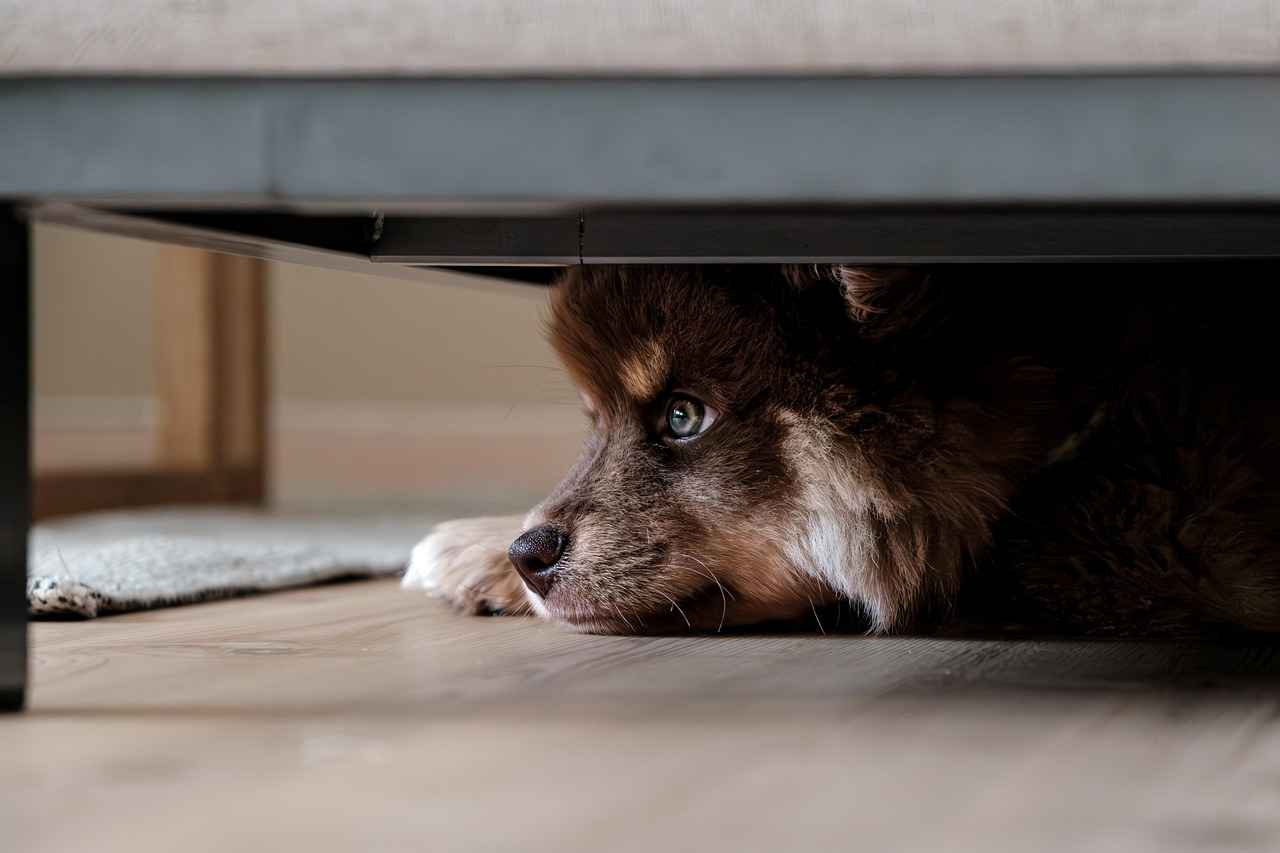
Maintenance and Care for Your Dog Bed Ramp
Ensuring the longevity and safety of your dog’s bed ramp requires regular maintenance. This not only helps in preserving the ramp’s structural integrity but also guarantees a safe environment for your furry friend. Here are some essential tips to keep in mind:
- Cleaning Your Dog Bed Ramp: Regular cleaning is crucial to maintain hygiene and prevent any potential slipping hazards. Use a vacuum cleaner to remove dirt, hair, and debris from the surface. For deeper cleaning, consider using a damp cloth with a mild detergent. Make sure to dry the ramp thoroughly afterward to avoid moisture buildup.
- Checking for Wear and Tear: Periodically inspect the ramp for signs of damage, such as cracks, loose parts, or worn-out surfaces. Addressing these issues promptly can prevent accidents and ensure your dog’s safety.
- Inspecting the Non-Slip Surface: If your ramp features a non-slip surface, check its condition regularly. Over time, this surface may wear down, compromising grip. If it appears to be losing its effectiveness, consider replacing it or adding a non-slip mat for enhanced safety.
- Storing the Ramp Properly: When not in use, store the ramp in a dry area away from direct sunlight. This prevents any fading or warping, helping to maintain its appearance and functionality.
By following these maintenance tips, you can ensure that your dog bed ramp remains a safe and reliable tool for your pet. Regular attention to these details not only extends the life of the ramp but also enhances your dog’s comfort and confidence when using it.
Cleaning Tips for Dog Bed Ramps
Maintaining a clean dog bed ramp is crucial for ensuring your furry friend’s safety and comfort. A clean ramp not only promotes hygiene but also helps prevent accidents caused by slippage. Here are some effective strategies to keep your dog bed ramp in top condition:
- Regular Vacuuming: Make it a habit to vacuum the ramp at least once a week. This will help remove dirt, hair, and debris that can accumulate and create a slippery surface.
- Occasional Washing: Depending on the material of your ramp, consider washing it every month. Use a mild detergent and warm water to clean the surface, ensuring that you rinse thoroughly to remove any soap residue.
- Drying Properly: After washing, allow the ramp to dry completely before allowing your dog to use it again. This helps prevent moisture buildup, which can lead to mold or mildew.
- Using Non-Slip Mats: If your ramp tends to be slippery, consider adding a non-slip mat or grip tape to the surface. This provides additional traction and enhances your dog’s safety while using the ramp.
- Inspecting for Damage: Regularly check the ramp for any signs of wear or damage, such as cracks or loose parts. Addressing these issues promptly can prevent accidents and ensure the ramp remains safe for use.
By following these cleaning tips, you can maintain your dog bed ramp in excellent condition, ensuring it remains a safe and accessible option for your beloved pet. A clean ramp not only enhances safety but also contributes to your dog’s overall well-being.
Inspecting for Damage
When it comes to ensuring your dog’s safety and comfort, routine inspections of the dog bed ramp are crucial. These inspections not only help in identifying any signs of damage or wear but also play a significant role in preventing potential safety hazards. By proactively addressing issues, you can ensure that your furry friend continues to use the ramp without any concerns.
Regular checks should include examining the ramp for cracks, loose fittings, or worn surfaces. These elements can compromise the structural integrity of the ramp, making it unsafe for your dog to use. For example, if the surface becomes slippery due to wear, it increases the risk of your dog slipping and falling. Therefore, keeping an eye on the ramp’s condition is essential for maintaining a secure environment.
Additionally, consider the ramp’s weight capacity. Over time, if the ramp is subjected to weight beyond its limit, it may lead to deformation or breakage. This is particularly important for larger breeds or dogs that may gain weight over time. Routine inspections can help you catch these issues early, allowing for timely repairs or replacements.
Another vital aspect to inspect is the ramp’s stability. Ensure that it is securely positioned and does not wobble when your dog uses it. A stable ramp provides confidence to your pet, encouraging them to use it regularly without fear. If you notice any instability, it may be necessary to adjust or reinforce the ramp to ensure maximum safety.
In conclusion, routine inspections are an integral part of maintaining your dog bed ramp. By being diligent about checking for damage and wear, you can prevent safety hazards and provide a secure, comfortable experience for your dog. Remember, a well-maintained ramp not only enhances your pet’s independence but also contributes to their overall well-being.

Conclusion: Enhancing Your Dog’s Quality of Life
In conclusion, investing in a dog bed ramp is a decision that can profoundly enhance your pet’s quality of life. This simple yet effective tool not only promotes independence but also ensures the safety and comfort that dogs deserve, especially as they age or face mobility challenges. By providing a gentle incline, a dog bed ramp allows your furry friend to access their favorite resting spots without the strain of jumping, which can lead to injuries.
Moreover, a ramp can significantly reduce the risk of joint-related issues, making it an essential accessory for dogs suffering from conditions like arthritis or hip dysplasia. The ease of use offered by a ramp encourages dogs to maintain their activity levels, which is crucial for their overall health and well-being.
When choosing the right dog bed ramp, consider factors such as size, weight capacity, and material. A well-designed ramp will not only fit your dog’s needs but also complement your home decor. Additionally, it’s important to introduce your dog to the ramp gradually, using positive reinforcement techniques to help them feel secure and confident.
Regular maintenance of the ramp is vital to ensure its longevity and safety. This includes routine cleaning and inspections for any signs of wear and tear. By taking these steps, you can ensure that your dog continues to enjoy the benefits of their ramp for years to come.
Ultimately, a dog bed ramp is more than just a convenience; it is a valuable investment in your pet’s health and happiness. By prioritizing their comfort and safety, you are enhancing their quality of life, allowing them to enjoy their time with you to the fullest.

